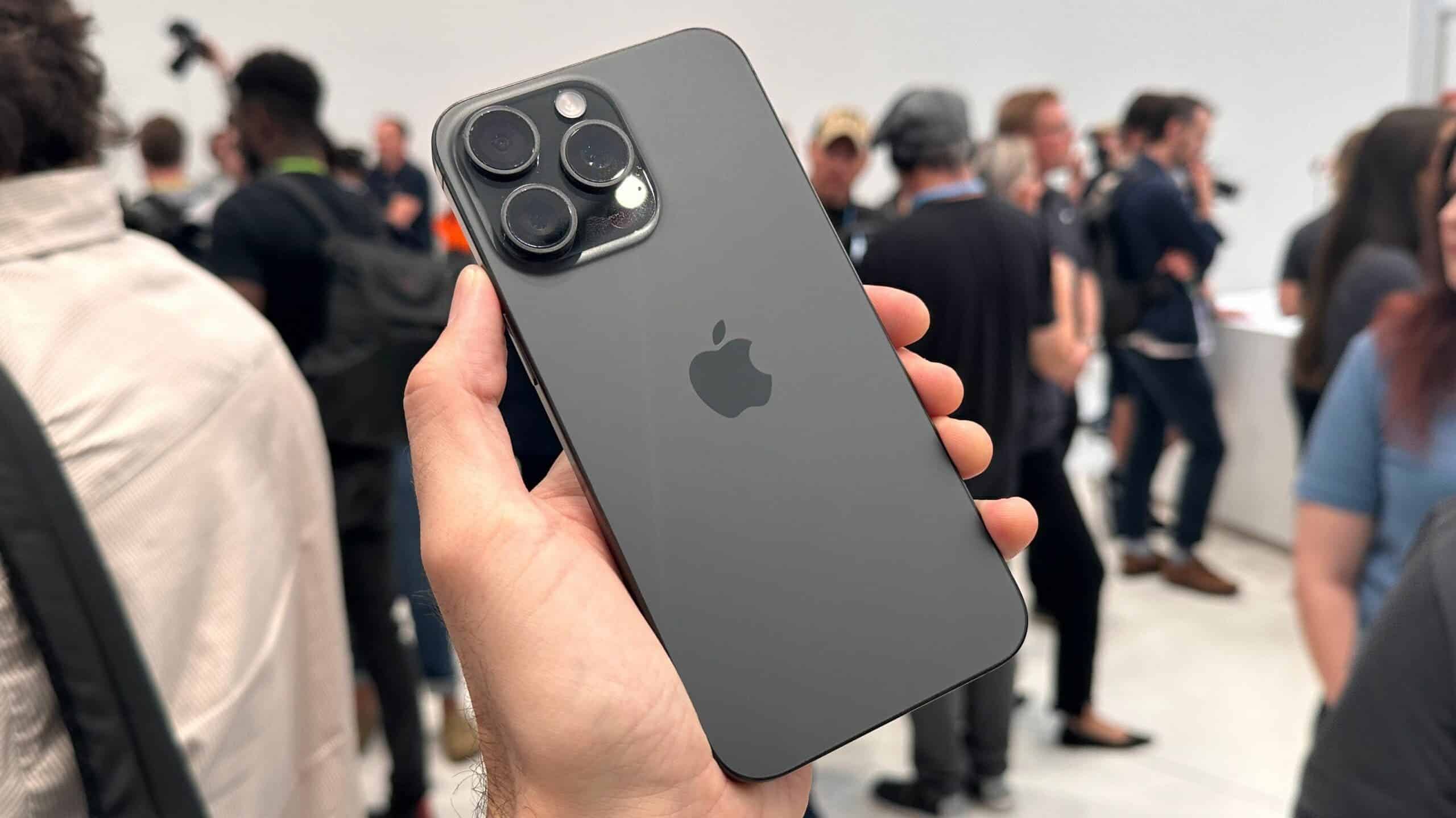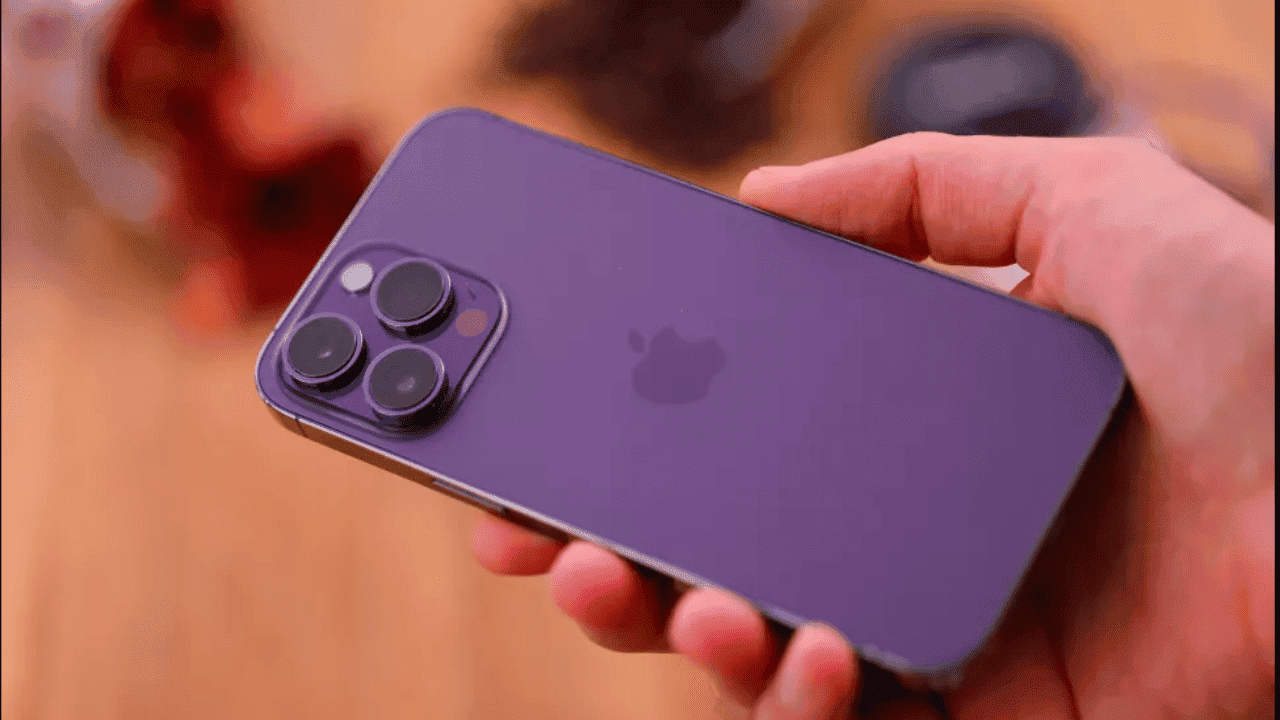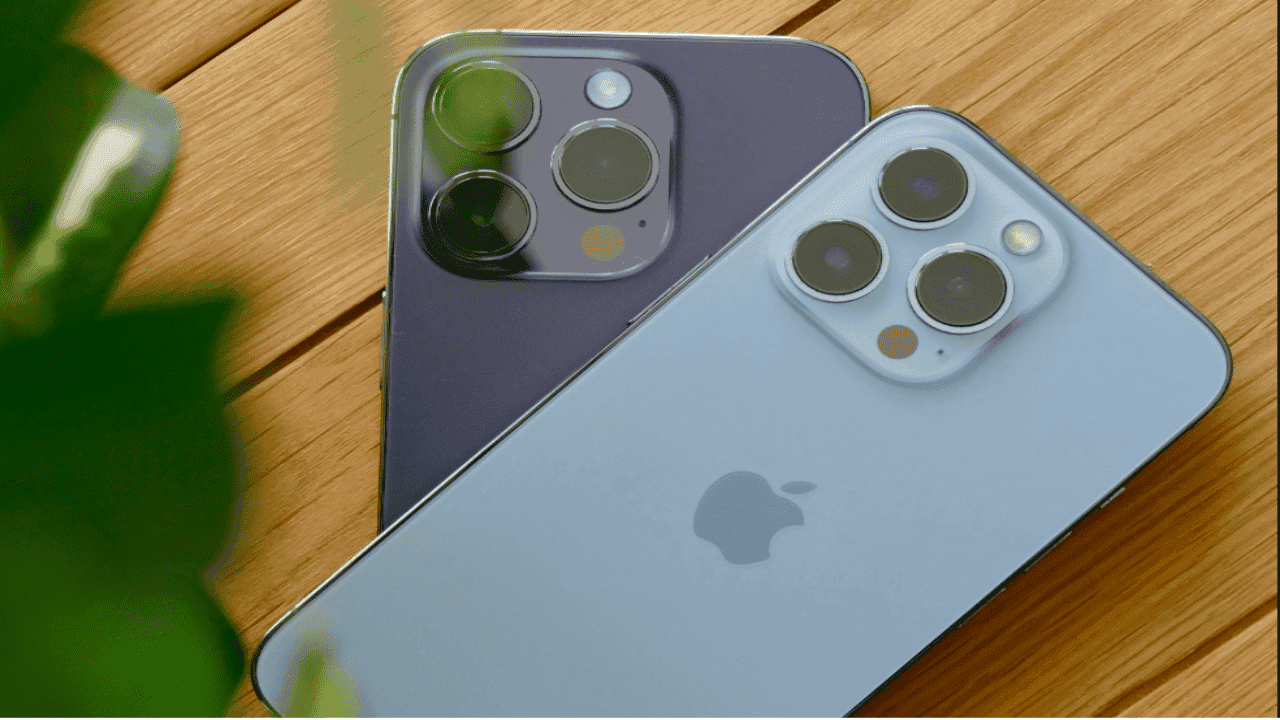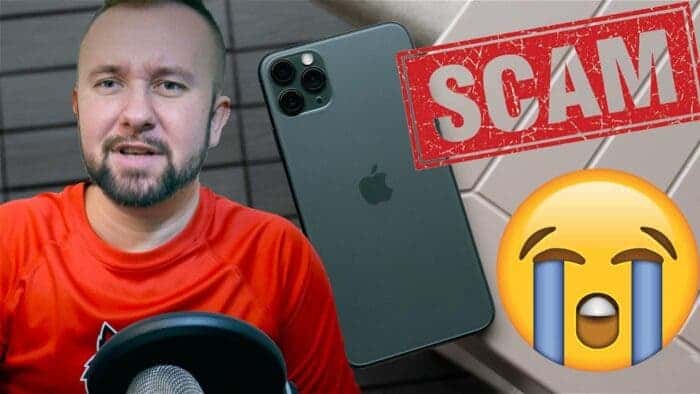In a surprising revelation from the U.S. Attorney’s Office, Central District of California, a decade-long fraud scheme targeting Apple has been uncovered, resulting in the arrest of five Chinese nationals residing in the Los Angeles area. The suspects, identified as Yang Song, Junwei Jiang, Zhengxuan Hu, Yushan Lin, and Shuyi Xing, are accused of exploiting Apple’s customer service policies to steal over $12 million worth of merchandise.

The Elaborate Scheme
The suspects are alleged to have collaborated with accomplices in China to obtain counterfeit iPhones, iPads, and other Apple products. These non-functional devices were then brought to various Apple Stores in Southern California, including those in Beverly Hills, Northridge, and Rancho Cucamonga.
The scammers manipulated the identification numbers on the counterfeit devices to match those of legitimate Apple products owned by U.S. residents, still under warranty. Unsuspecting Apple Store employees, unable to distinguish the fakes from the real devices, replaced the counterfeit products with genuine ones.
The authentic Apple merchandise was then shipped out of the country, while the scammers profited by reselling the genuine devices at high prices.
Scope and Impact of the Fraud
In total, the suspects attempted to return over 16,000 counterfeit Apple devices, resulting in losses of at least $12.3 million for the company. The scam, which began in December 2015, continued for nearly a decade before being uncovered.
United States Attorney Martin Estrada condemned the defendants’ actions, stating, “The defendants are accused of taking advantage of Apple’s customer-service policies to steal more than $12 million in merchandise. Companies should not be victimized and defrauded for being responsive to customer needs, and these federal charges send a message that our office will take decisive action to uncover and prosecute those who perpetrate fraud.”

Charges and Potential Sentences
The five suspects have been charged with aggravated identity theft, conspiracy to traffic in counterfeit goods, and conspiracy to commit wire fraud and mail fraud. Each of the conspiracy to commit fraud charges carries a potential sentence of 20 years in prison. The identity theft charges could result in up to two years in prison.
If guilty of conspiracy to traffic counterfeit goods, the suspects could each face a maximum of 10 years in prison. At the moment, there is no date for the trial
Collaboration with Chinese Organizations
Court documents reveal that the suspects worked with certain organizations within China. The collaboration enables them to obtain a large number of counterfeit Apple devices. These devices look very realistic. The serial numbers were so convincing that they were able to pass Apple’s system verification.
Risks to Genuine Owners
Due to the theft of serial numbers, the genuine owners of the devices used in the scam may face the risk of not being able to enjoy normal after-sales service and repair guarantees. This adds a layer of complexity to the case, as the suspects’ fraudulent actions could impact innocent consumers.
Evasion Tactics
To evade legal prosecution, the suspects often changed the Apple retail stores where they committed fraud. They also provide false personal information, such as address and name, during the phone replacement process. This demonstrates the level of sophistication and planning involved in the scam.

Commitment to Prosecution
The arrests serve as a warning that companies should not be taken advantage of for their responsiveness to customer needs. The U.S. Attorney’s Office has vowed to prosecute those who perpetrate such fraudulent activities.
HSI Los Angeles Special Agent in Charge Eddy Wang said
“Protecting American ingenuity, ensuring economic security, and shielding the consumers across the nation is a top priority for Homeland Security Investigations…Due to the outstanding work of HSI Los Angeles with our law enforcement and private sector partners targeting this large-scale fraud operation, we have prevented millions of dollars from lining the pockets of this transnational criminal organization.”
Special Agent in Charge Tyler Hatcher, IRS Criminal Investigation, Los Angeles Field Office said
“The defendants allegedly sought to introduce more than 16,000 fraudulent devices into Apple’s product line with the purpose of exchanging them for genuine devices to be sold for profit…CI follows the money, and our expertise helps us safeguard U.S. businesses when faced with fraud. We are committed to our partnerships with fellow law enforcement agencies like Homeland Security Investigations to protect our country’s commerce ecosystem by investigating those who seek to take advantage of businesses’ consumer protection programs.”
Conclusion
Five Chinese nationals now face possible jail terms over a decade-long iPhone swap scam. The recent arrest of the culprits in Los Angeles exposed the complex fraud scheme. This scheme could work because Apple cares for its users. The company swaps a phone with an issue if there is a good case. The scammers work with their accomplices in China who supply fake Apple devices. The fraudsters then swap these fake devices for genuine ones in various Apple Stores in Southern California. Since the accomplices are in China, we can not tell whether or not the company will go after them.
Nevertheless, the U.S. Attorney’s Office has vowed to prosecute those responsible for this fraudulent activity. It emphasizes that companies should not pay dearly for caring for their users. The arrests serve as a warning that the U.S. will not tolerate such transnational criminal activities. It also shows that the nation will work to protect American ingenuity and economic security. On Apple’s part, the company has lost no less than $12 million to this scam. If affected genuine users come with their phones for similar replacements, then the issue will become even more complex. At the moment, we do not know how Apple will handle the issue if it arises.





